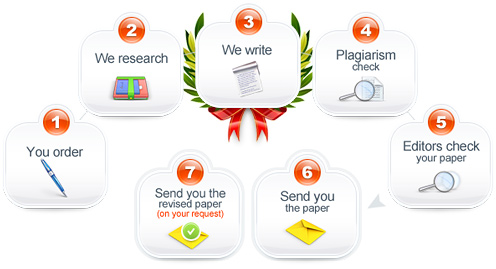CAM assessment
Write a short (50-100-word) paragraph response for each question posed below. Submit this assignment as a Microsoft Word document.

Define CAM.
Describe the patient who uses CAM the most.
List some common misconceptions about CAM.
Identify methods of including the use of CAM in patient education.
Discuss the safe use of CAM.
List ways in which conventional medicine and CAM can be integrated.
Define ethical theories, ethical principles, and values.
Provide examples of ethical issues in patient education and compliance, and describe ways in which an effective professional/patient relationship and a poor health professional/patient relationship can impact these issues.
Explain what is meant by \”ethical patient education practices\”.
Explain the purpose of informed consent.
Discuss what factors determine the patient’s ability to give informed consent.
Compose a sample informed consent form. .
Discuss the process of communication to use with the patient and the family when obtaining informed consent.
Related Posts:
- Review and reflect on the family assessment tools you have seen this week. Then using a family assessment tool of your choice develop an assessment plan for a family that includes a child or adolescent, young or middle aged adult, and a senior citizen. Explain how this type of assessment will be beneficial in a family centered practice. Be specific and use examples.
- CAM Therapy
- An overview of CAM and its categories of treatments
- an overview of CAM and its categories of treatments
- Paper on Paradigm Shift: Religion, Spirituality, Science, and CAM (2–3 pages) Religion and/or culture clearly affect one’s perception of health and/or healthcare.
- CAM: Complementary And Medicine therapy
- Organizational education plan on CAM, traditional medicine, holistic health, and spirituality PowerPoint
- proposal for a wellness education program for a specific population. Integrate aspects of culture, CAM and spirituality, and linguistics into the program
- PowerPoint presentation of 8–10 slides that explains why an understanding of complimentary alternative medicine (CAM) and spirituality is important for members of health care teams
- CAM modalities for pain as compared to conventional forms of medicine and asses strengths/limitations

